A video game created by Aberdeen University historians has been nominated for the 2022 Bafta Scotland Awards.
Strange Sickness is a digital narrative game based on life in Scotland during the Middle Ages.
Led by Jackson Armstrong and William Hepburn, the game is based on and inspired by real-life events, descriptions and people recorded in Aberdeen’s Unesco-recognised Burgh Records.
University historians have spent the past decade transcribing the records which contains unique details on how Aberdeen dealt with the threat of the plague.
It was on this basis the game’s interactive fiction was built.
Received ‘fantastic’ feedback from players
Funded by a Kickstarter campaign, the game is one of three nominations in the games category in the awards.
Jackson Armstrong, who created the concept for Strange Sickness and wrote the story, said they were “surprised and thrilled” when the nomination was announced.
He added: “Games are an amazing tool to help people imagine the past and the Burgh Records are an outstanding resource to help us understand life in the Middle Ages.
“To see a game using historical records recognised in this way is a real boost for our collaborative research efforts with the Aberdeen City and Aberdeenshire Archives.”
Co-creator Mr Hepburn thanked Katharine Neil and Alana Bell who helped bring the “research to life”.
He said: “The game allows players to immerse themselves in Aberdeen’s history, interact with characters from medieval society and make decisions which will shape their own story.
“The feedback we have received from players has been fantastic.”
Helping to showcase talent during a challenging time for the industry
Jude MacLaverty, director of Bafta Scotland, said this year’s nominations showcase the “dedicated and extraordinarily talented” people in the industry in Scotland.
She added: “Yet, 2022 remains an uncertain and challenging time for the sector. As an arts charity we understand the incredible financial pressures that organisations and individuals are currently facing.
“In showcasing and celebrating all the nominees at the ceremony next month, the Bafta Scotland Awards will be an opportunity to reiterate the case for support and recognition of Scotland’s incredible creative community.”
Profits raised from the first year of sales of Strange Sickness will be split equally between the Lord Provost’s Charitable Trust and vaccinaid.org.
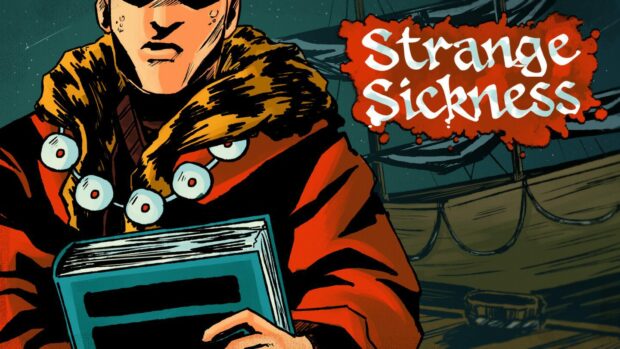
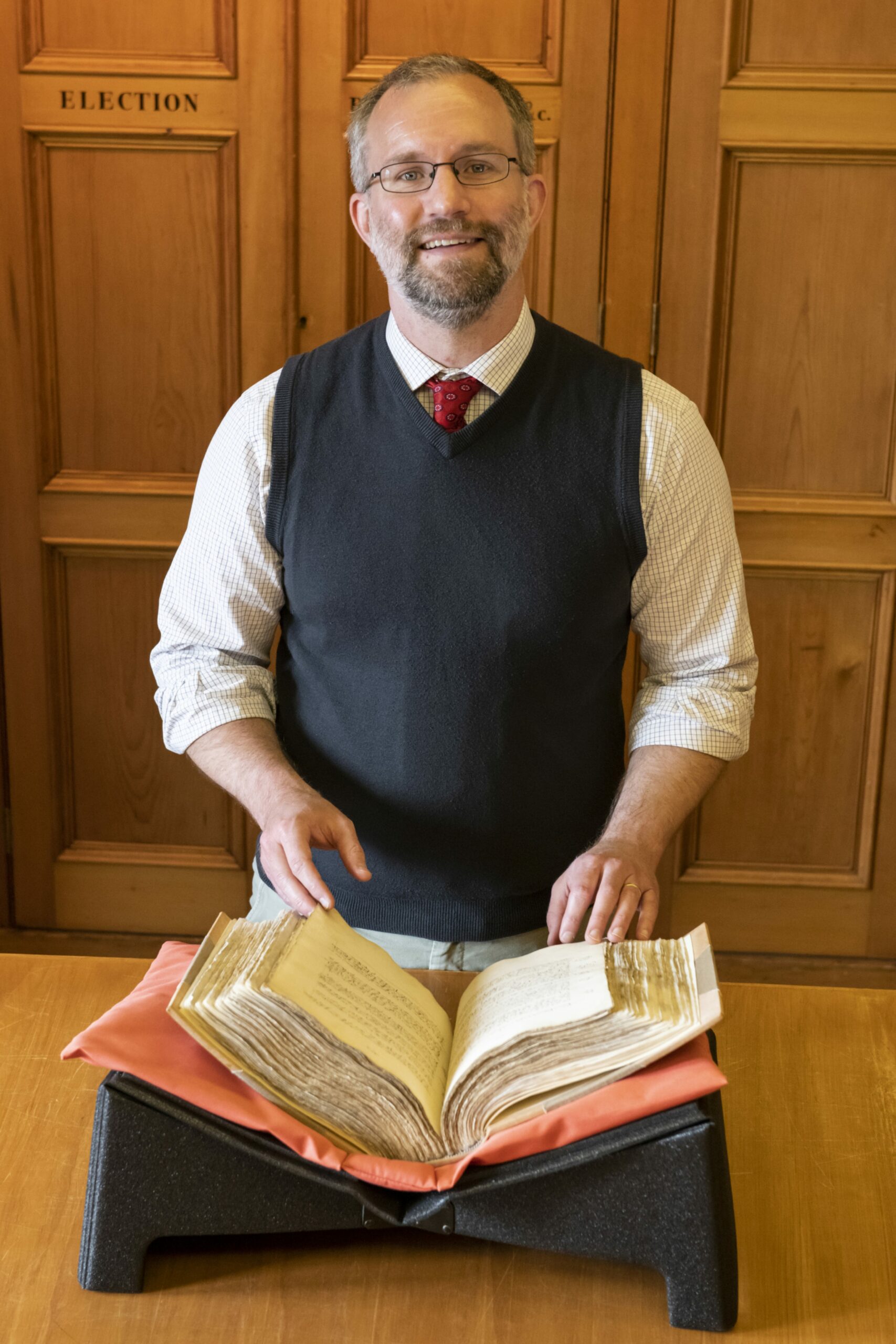
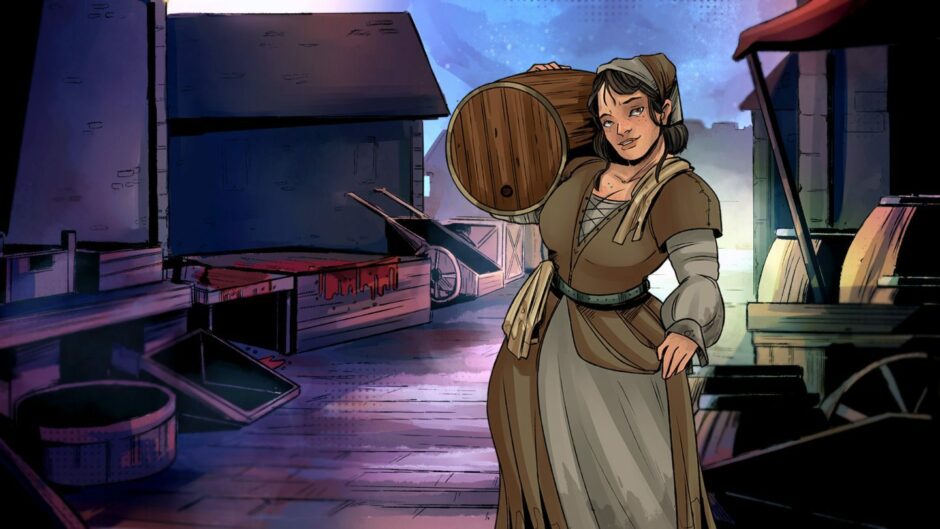

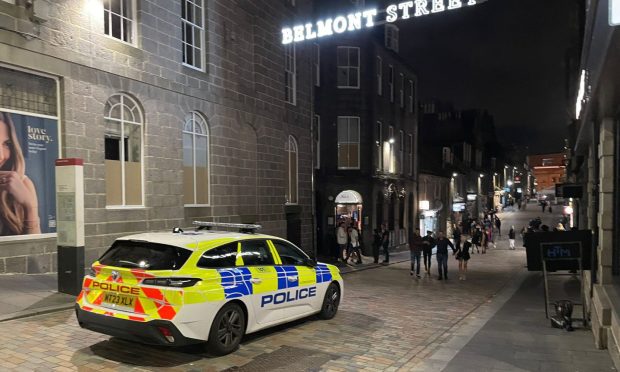
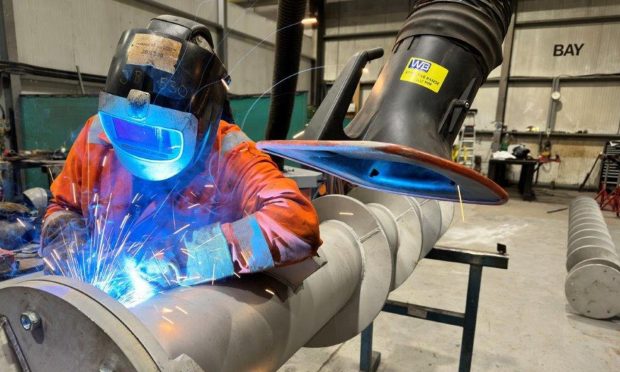
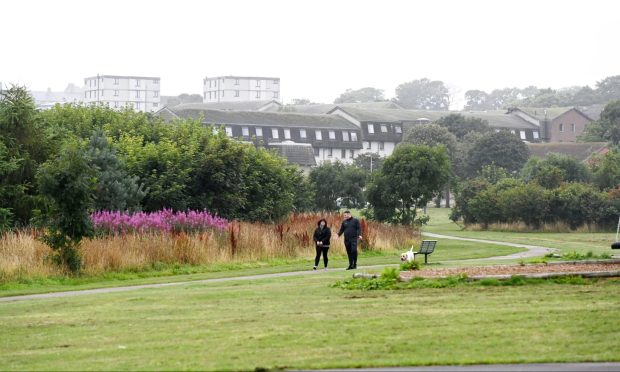
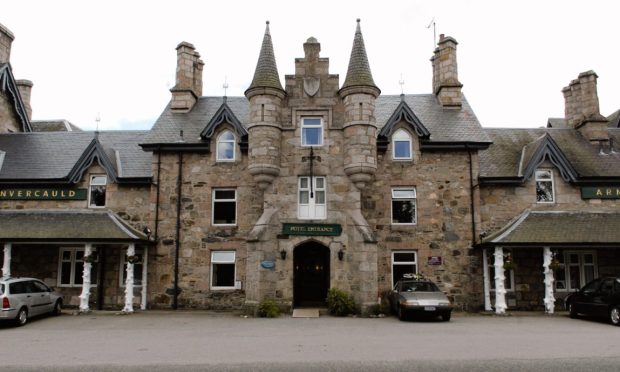
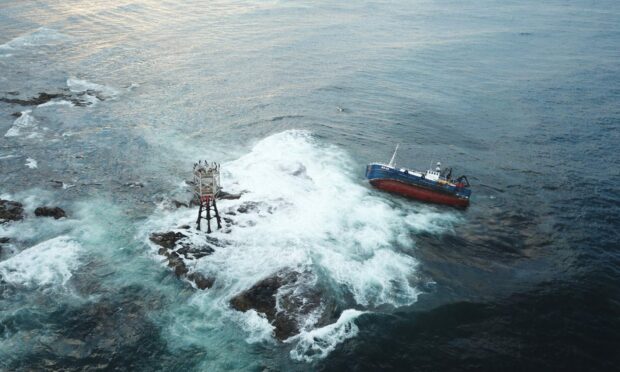
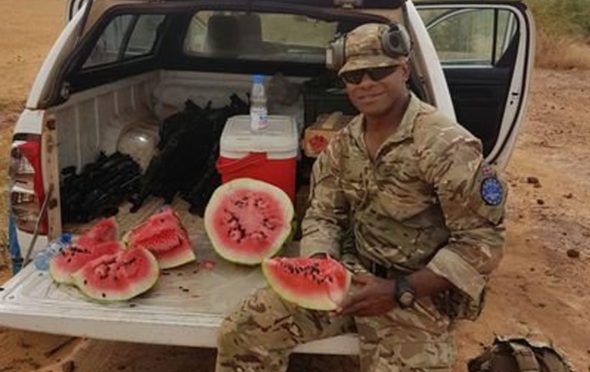

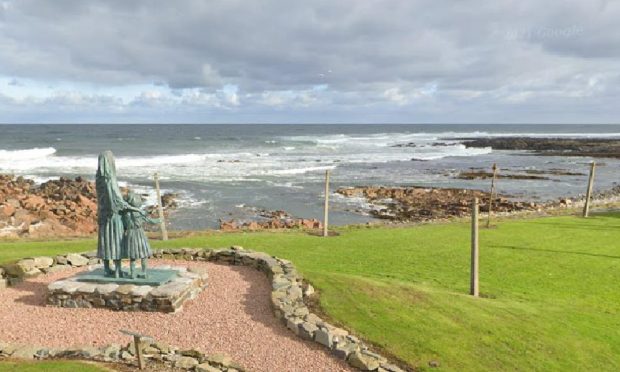

Conversation